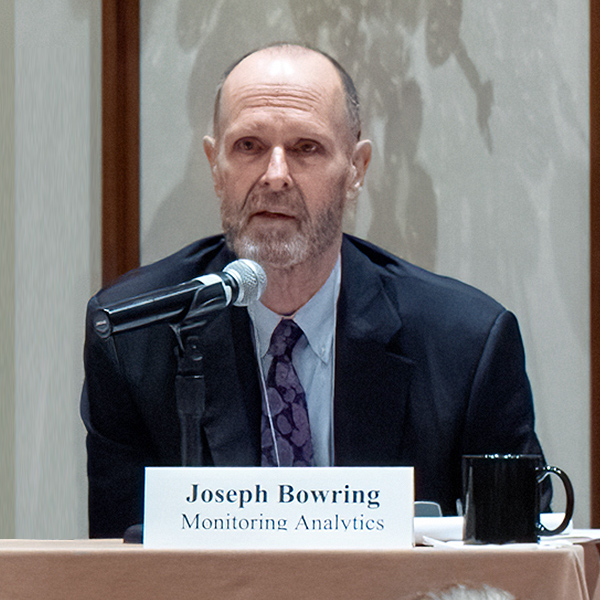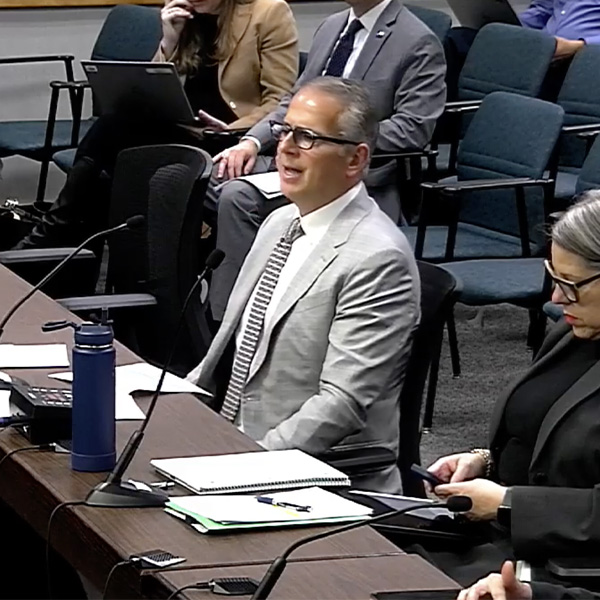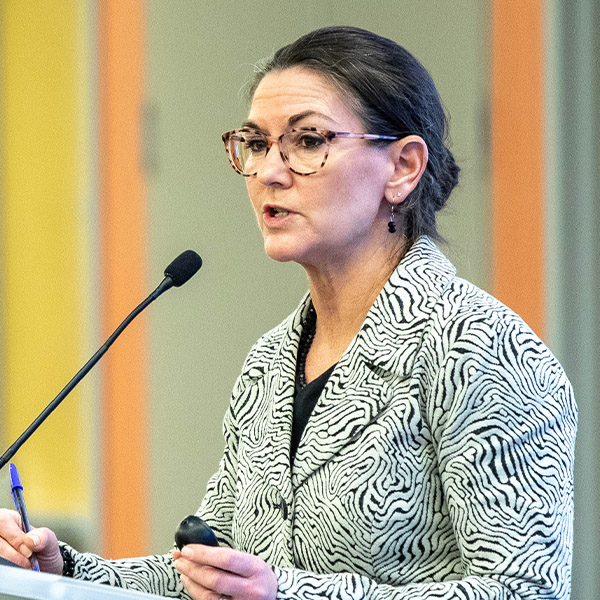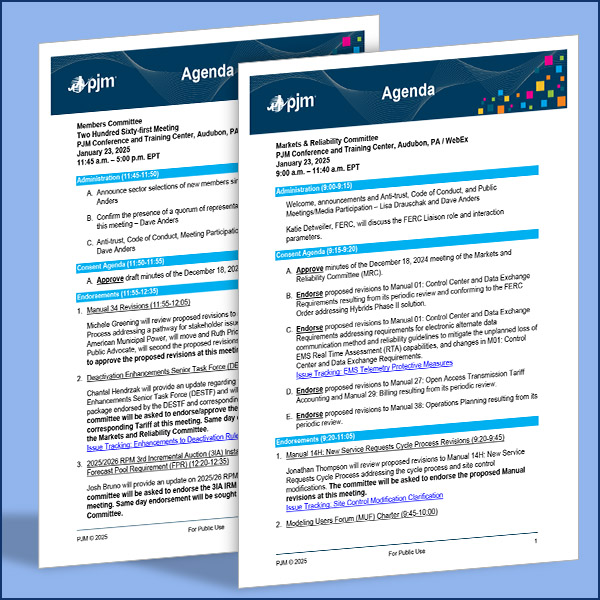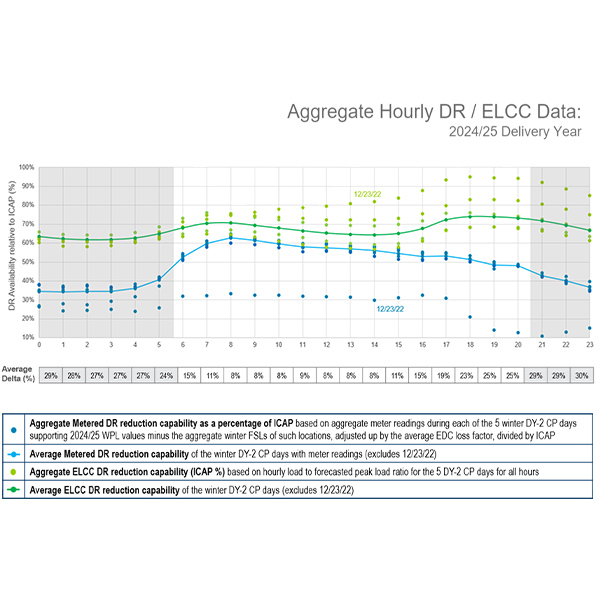effective load-carrying capability (ELCC)
PJM’s Markets and Reliability Committee endorsed two proposals to revise the RTO’s ELCC formula to add two new generation categories and limit the penalties resources face if their accreditation declines between auctions.
PJM’s markets provided reliable service in 2024, but tightening supply and demand are laying bare design flaws that have inhibited the competitiveness of the RTO’s markets, the Independent Market Monitor wrote in its 2024 State of the Market Report.
PJM stakeholders voted for a third consecutive meeting to delay acting on revisions to Manual 14H intended to clarify when developers may add or remove parcels from their project footprint.
The PJM Markets and Reliability Committee endorsed a proposal to rework how demand response resources are modeled in the effective load carrying capability framework.
ERCOT released its semiannual but delayed Capacity, Demand and Reserves report that provides potential future planning reserve margins five years into the future that some say are "scary."
PJM’s Market Implementation Committee narrowly endorsed a PJM proposal to use ELCC to model the availability of demand response resources in all hours, along with other changes to how DR accreditation is determined.
The PJM Markets and Reliability Committee and Members Committee endorsed a proposal to rework the RTO’s rules around generation deactivations.
Among other actions, the PJM Markets and Reliability Committee and the Members Committee will consider endorsing various manual revisions.
FERC approved price formation reforms for SPP and set questions around resource accreditation for additional proceedings in a pair of orders issued at its regular monthly meeting.
PJM presented stakeholders with proposed manual revisions to implement a requirement that dual-fuel generators must offer schedules with both of their fuels into the energy market during the winter, as well as changes to the operational and seasonal testing for capacity resources.
Want more? Advanced Search

